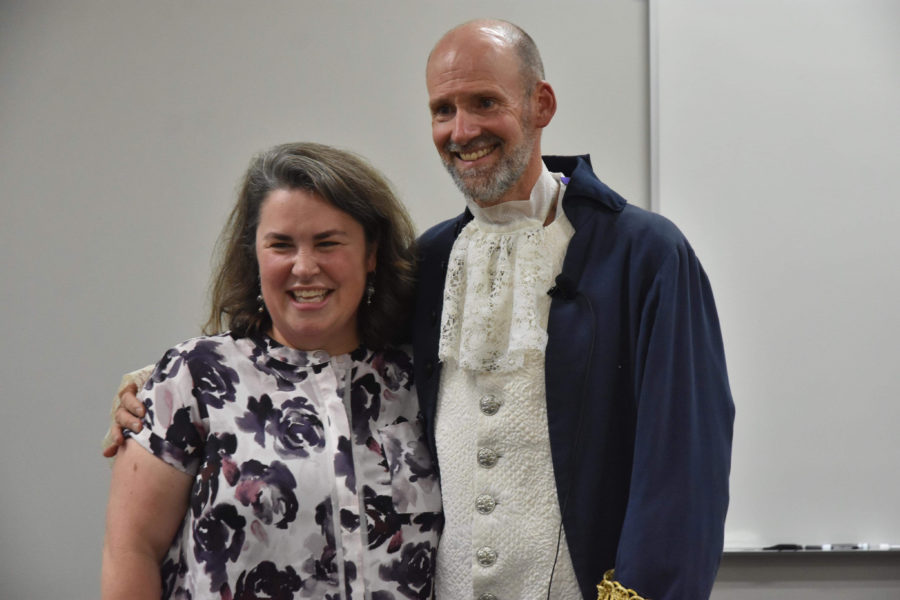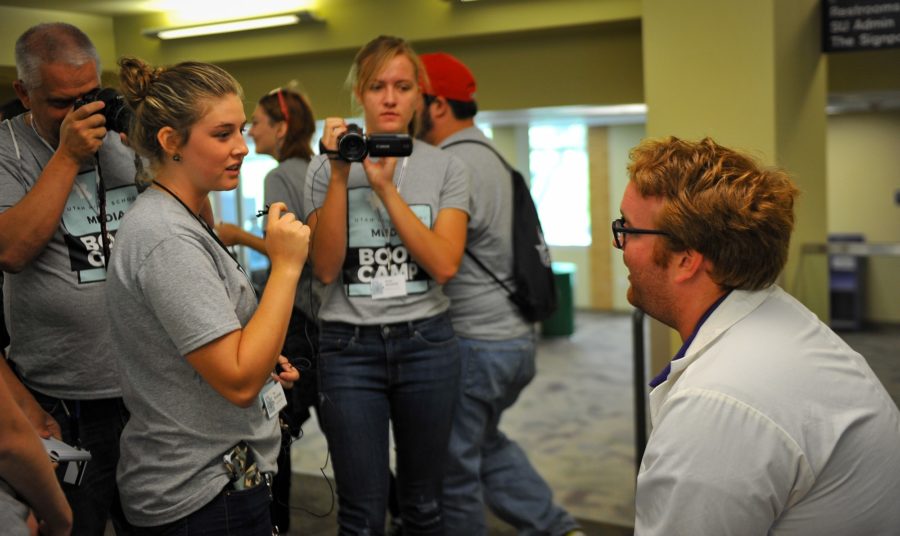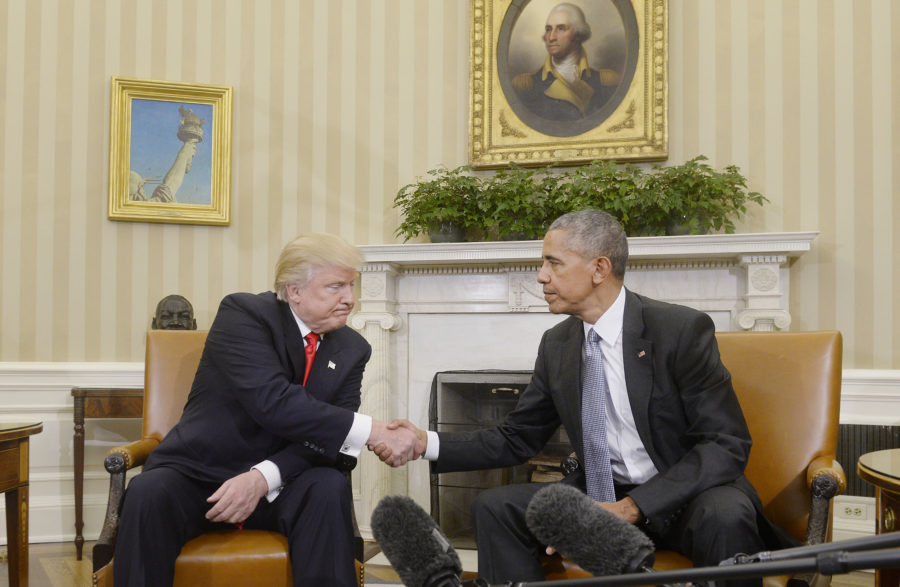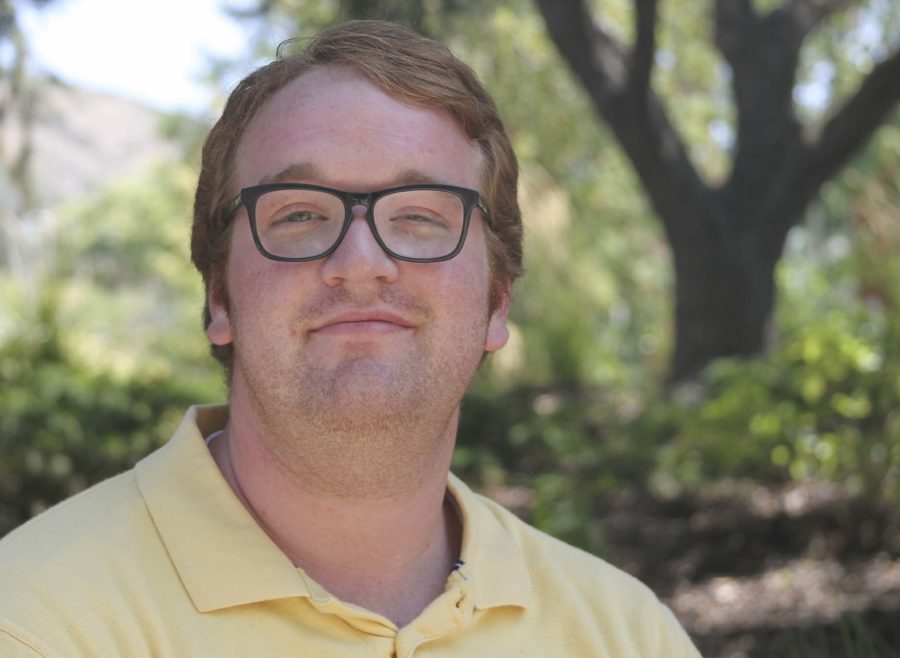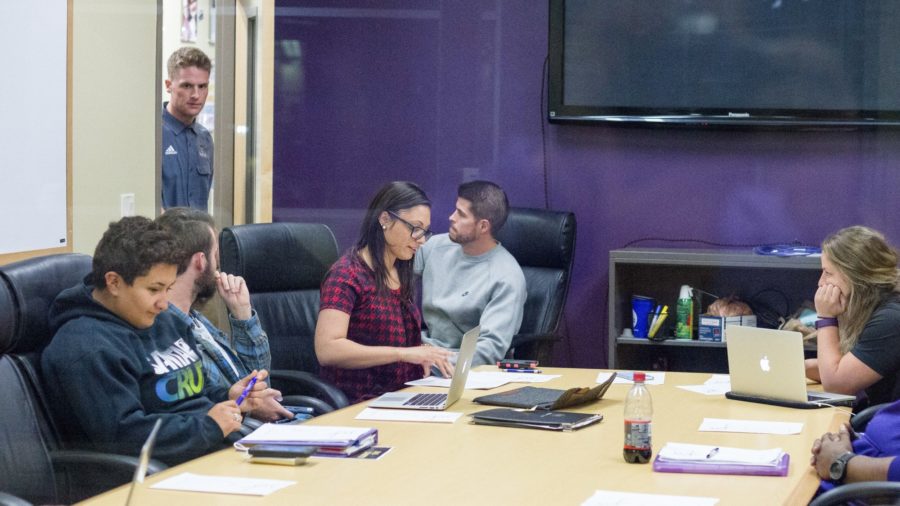In the wake of Typhoon Haiyan’s destructive path, many news organizations and celebrities around the world have put forth the call for donations. While browsing these various articles and Facebook wall posts, one particular minority mindset consistently appeared. And it disturbed us.
There are people out there who are indignant that countries like the United States would be asked to put money, time and other resources into helping another country in a state of disaster when they have their own problems to think about. One of their main arguments is that all these calls for help are nice and all, but our country should worry about taking care of its own poor first.
Another consistent mindset is an indignation that these countries we are being asked to help, like the Philippines, didn’t donate much or at all to us when we suffered through our own hurricanes (which are exactly the same as typhoons and cyclones, just in different parts of the world and with different names). If they didn’t help us, these commenters reasoned, then why should we bother to help them?
There’s more than a fair share of problems with this sort of mentality. For one, it is a simple matter of “us vs. them,” a rampant viewpoint dictating that differences in groups of people indicate one is better than another. This belief is what starts wars. It fuels genocides. We see it wreck havoc through our own governmental systems, where parties can only see that solid, imaginary line separating them instead of the circles of similarities and like-minded goals surrounding and uniting them. We see it in our schools, where children have learned from adults that other people are less than them and therefore can and should be bullied. That mentality is one that divides and destroys at every level of our society. When you place one group of people as higher, as more deserving, then there will inevitably be another group deemed as less.
We’re not saying the U.S. and other considerably wealthy countries should completely empty out their reserves to aid other countries. We’re not saying that countries should completely ignore the needs of their own citizens. We’re simply disagreeing with those who believe that it’s an injustice for their country to dare consider offering help to another country in the middle of a horrendous natural disaster. Certainly, it’s a delicate balance, deciding how much of our resources to send out and how much to keep to take care of ourselves, and most definitely a political one. But when human lives are at stake, when natural disasters of this magnitude happen, there can be no country lines.
The mindset that we should only help countries who help us just as much or more in our own disasters is frankly selfish. The U.S. is, on the whole, significantly better off than many other countries in the world, including the Philippines. Due to its resources and overall economic growth and stability, it has better physical infrastructure. Buildings are required to be built to stricter codes with more plentiful, sturdy materials. That’s not to say that disasters like Hurricane Katrina and Hurricane Sandy didn’t cause massive devastation, because they did and they will continue to do so. We by no means intend to lessen the experiences of people who survived those disasters, just as we by no means intend to downplay the suffering of citizens in our own country.
But it doesn’t take much thinking to realize that the U.S. is one of many countries that has a lot, even at our worst. Many people, when discussing the upper classes versus the middle and lower classes, will agree that those who have a lot should be willing to give to those who don’t have as much. This does not only apply to our country’s citizens. We are all human beings. Despite racial, economic and country borders, we all have an unspoken but generally understood moral obligation to treat each other as human beings, to help those who are worse off than ourselves.
Yes, the U.S. has its own problems. Yes, we have our own disasters with effects still reaching solidly into the present. But, as many of our disasters’ survivors have said, no one deserves to be in those conditions. They do, however, deserve all the help that others can give. Those disgruntled about the resources our country is shifting to helping the Philippines are missing the point of what their mindset is really saying — that only certain people deserve their help, that there is an “us” and there is a “them.”
There isn’t.









